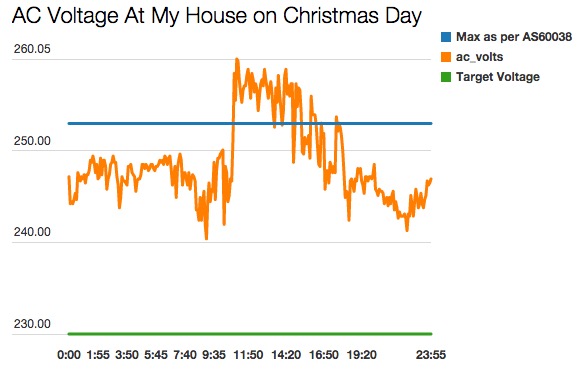
Note from Finn:
This post is Ronald’s considered opinion of Elon Musk’s offer. My personal opinion (with caveats) is that we should accept the offer. I’ll publish a post later today with my reasoning.
Elon Musk has offered to sell South Australia large scale Tesla battery storage of 100 megawatt-hours or more. He says it will cost $250 US dollars at the “pack level” per kilowatt-hour which is around $333 at today’s exchange rate. What’s more, he has promised it will be installed within 100 days of the contract being signed or it’s free.
This may be the best offer that has ever been made for large scale lithium battery storage. But despite the small chance we would get it for free, I think our reply should be a polite, “No thank you.”
South Australia doesn’t need a large amount of battery storage to solve its current electricity supply problems and so there are better alternatives to spend the money on. If in the future it turns out it would be useful we can get it then and it should be even cheaper. [Read more…]




 RSS - Posts
RSS - Posts



Currently Raging Debates: